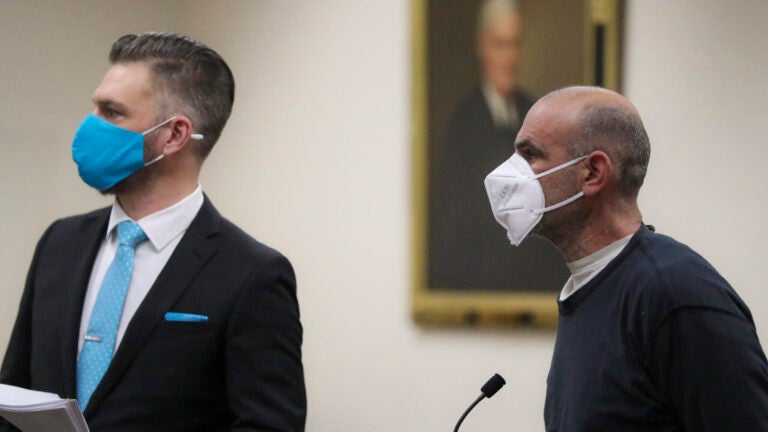- 10,957
- 19,973
- Joined
- Dec 13, 2018
Follow along with the video below to see how to install our site as a web app on your home screen.

Note: this_feature_currently_requires_accessing_site_using_safari

Dude is something else!
Not enough biscuits in the world!
Oh, he is the PERFECT NT'ER! He'd get along well with those esteemed members here, those that have tried to suggest that I bought racism to NikeTalk!


I agree with you on liberals.yes he’s a Tom uncle mf but his views on intellectuals and their role in government peaked my interest. It’s tiring watching white liberals using race to push their political agenda and line their pockets
It would indeed be tough.I remember hearing about when this went down
This for anybody thinking Arsenio soft though.
Can't imagine some other comedian doing that today with the same reaction.
